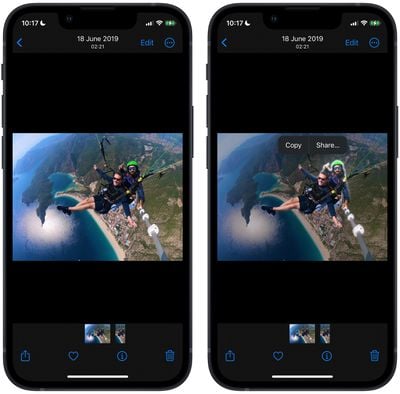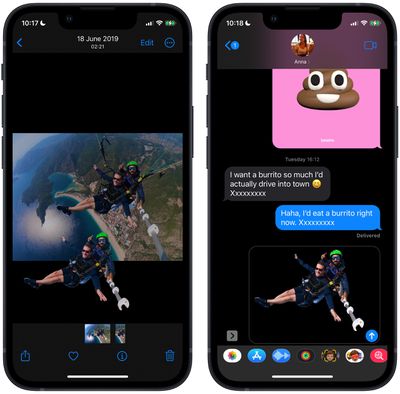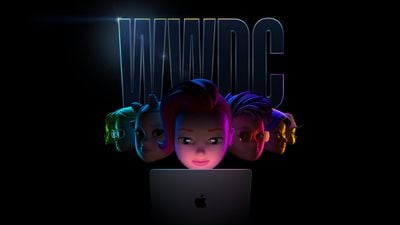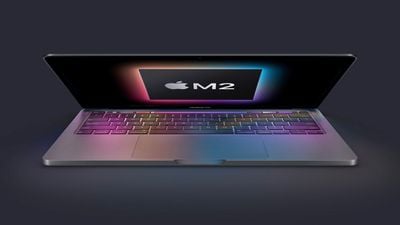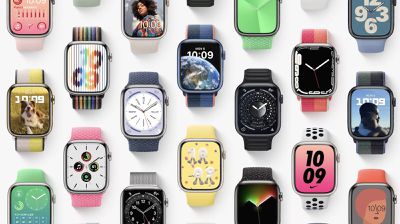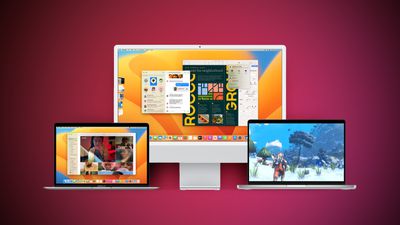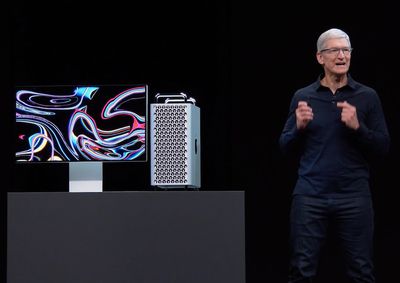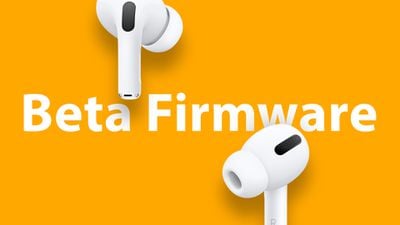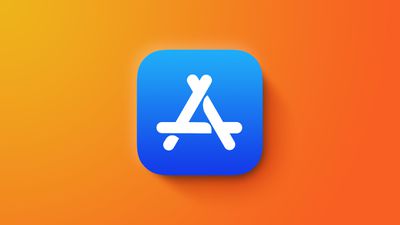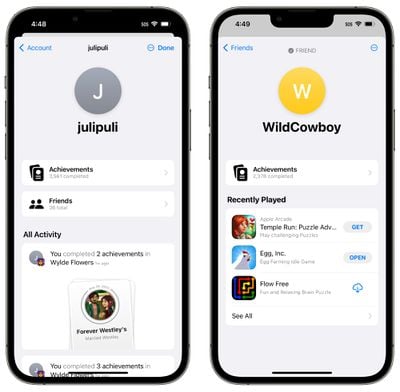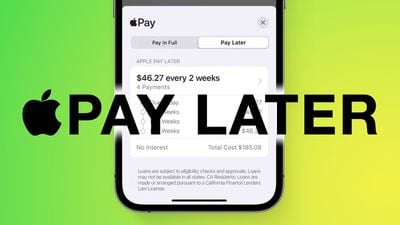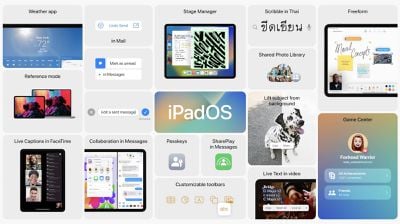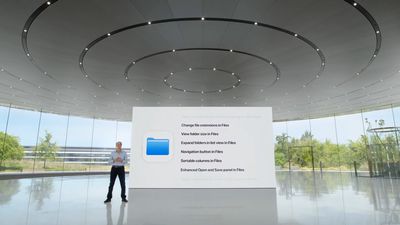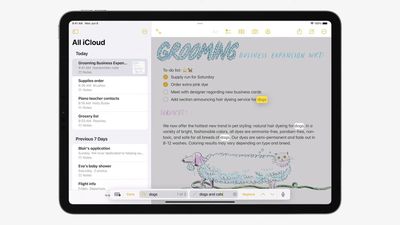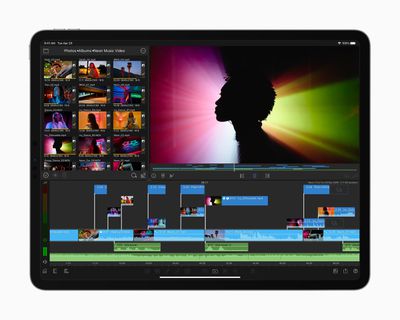iPadOS 16, Apple's operating system that runs on the iPad, is getting almost all of the great features coming to iOS 16, but there are also iPad-specific additions that make the iPad more Mac-like than ever. In our latest YouTube video, we show off the five best features coming to the iPad this fall.
- Stage Manager - Stage Manager is a new multitasking interface that's also available on the Mac in macOS Ventura. Stage Manager supports multiple windows that are resizable, and it is a much different experience than the standard Split View. Your main app is front and center and others are right off to the left for easy access, plus you can group apps together and overlap windows for more control over your workspace. Stage Manager is unfortunately limited to the iPad models with an M1 chip.
- External Display Support - iPadOS 16 brings full external display support to the iPad Pro with M1 chip, allowing that iPad to drive a display with up to 6K resolution. You can use a single external display with the M1 iPad Pro running iPadOS 16.
- New Display Modes - For pros who need color accuracy, the 12.9-inch iPad Pro with Liquid Retina XDR display can provide reference color for popular color standards and video formats. The iPad Pro is able to serve as a secondary reference display for the Mac using Sidecar.
- Weather app - The Weather app has finally come to the iPad, and it's pretty much identical to the iOS 16 Weather app. It can take advantage of the larger display of the iPad to provide more modules on one screen, and you can tap into any weather module to get additional information.
- Freeform app - Later this year, Apple will launch a new Freeform app that's designed to be a collaborative canvas for working on projects with others. It supports real-time collaboration and can be used for brainstorming, outlining new projects, and more. It supports Apple Pencil for a digital whiteboard experience, and it works with SharePlay in FaceTime and Messages.
What are your favorite iPadOS 16 features? Let us know in the comments.


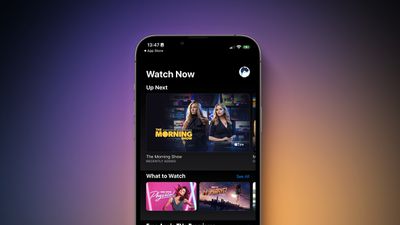
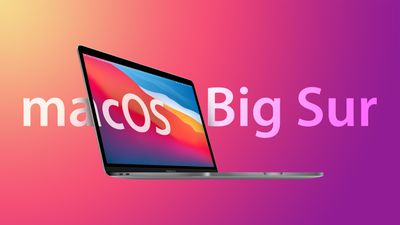
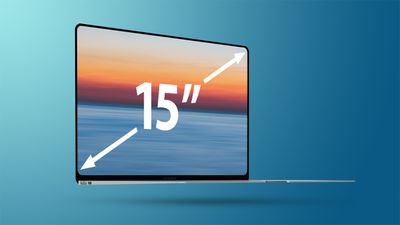

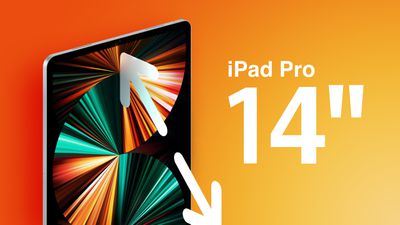
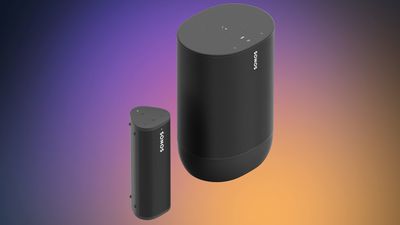 Note: MacRumors is an affiliate partner with some of these vendors. When you click a link and make a purchase, we may receive a small payment, which helps us keep the site running.
Note: MacRumors is an affiliate partner with some of these vendors. When you click a link and make a purchase, we may receive a small payment, which helps us keep the site running.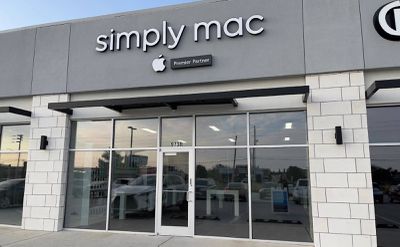
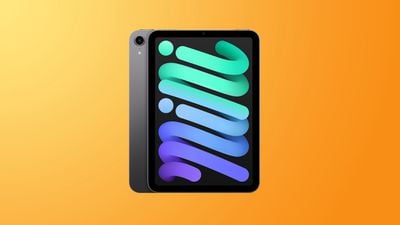 Note: MacRumors is an affiliate partner with Amazon. When you click a link and make a purchase, we may receive a small payment, which helps us keep the site running.
Note: MacRumors is an affiliate partner with Amazon. When you click a link and make a purchase, we may receive a small payment, which helps us keep the site running.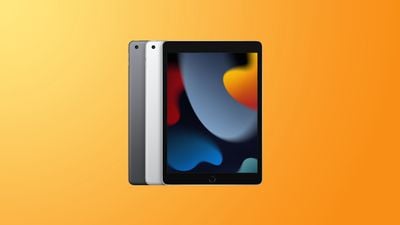
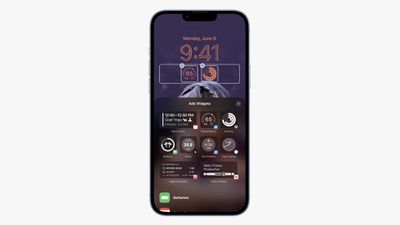
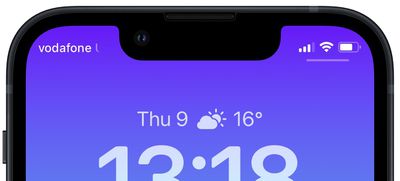
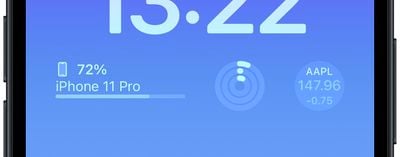









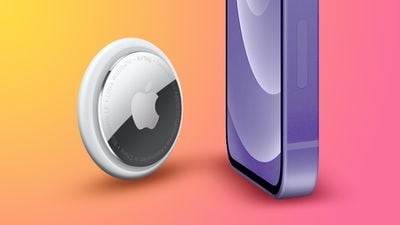 Note: MacRumors is an affiliate partner with some of these vendors. When you click a link and make a purchase, we may receive a small payment, which helps us keep the site running.
Note: MacRumors is an affiliate partner with some of these vendors. When you click a link and make a purchase, we may receive a small payment, which helps us keep the site running.